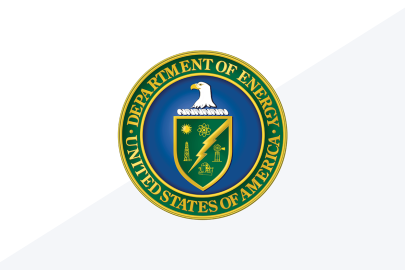Background
Industry is a backbone of the nation’s economy, producing the goods critical to everyday life, employing millions of Americans in high-quality jobs, and providing an economic anchor for thousands of communities. Industry has outstanding technical and economic challenges in reducing emissions while increasing efficiency that go beyond technologies available widely today, especially in the steel, cement, and chemicals subsectors.
Reducing emissions in the industrial sector is one of the most substantial opportunities to reshape the U.S. economy and reinvigorate the U.S. manufacturing sector. Investment in new, emerging technologies will help produce clean steel, cement, and chemicals used in our nation’s roads, bridges, transmission lines, which in turn, benefits every American.
Program Overview
The Industrial Demonstrations Program (IDP) aims to accelerate projects in energy-intensive industries and provide American manufacturers a competitive advantage in the race to lead the world in low- and net-zero carbon manufacturing. This program includes projects that focus on industries where these technologies can have the greatest impact, including aluminum and metals, cement and concrete, chemicals and refining, food and beverage, iron and steel, process heat, and pulp and paper.
Announcements
- Read the Funding Opportunity Announcement, issued March 2023.
- View the previously issued Notice of Intent.
Resources
- For more information on the Industrial Decarbonization Demonstration Projects, contact engage_industrialdemos@hq.doe.gov.
- For media inquiries, contact OCEDNewsroom@hq.doe.gov.
OCED News
Subscribe and stay up-to-date on all upcoming funding opportunities, news announcements, upcoming events, and more.


